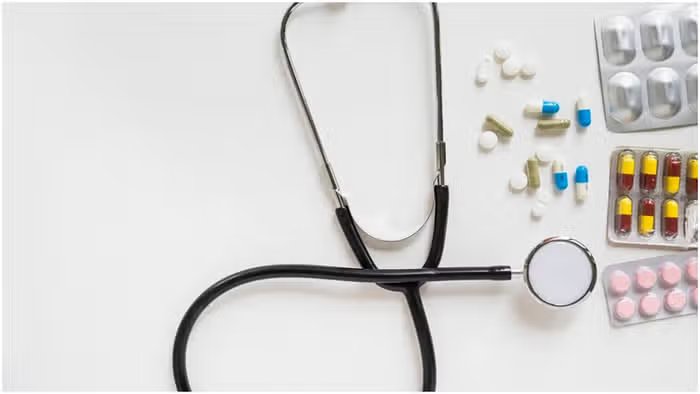Corona infection is still going on in many countries of the world. Even though the rate of infection is still low, health experts advise all people to continue taking precautions. In a recent report, scientists have detected a variant of Kovid in Indonesia, which is believed to be the most mutated version of the variants so far. Apart from this, an increase in the number of patients in hospitals has been seen in some parts of America. The Sars-Cov-2 virus is believed to be responsible for corona infection.

Amidst the ongoing infection of Corona, a team of scientists has now been alerted about MERS-CoV. The World Health Organization (WHO) recently detected the first case of MERS-CoV in the United Arab Emirates. Researchers say that all people need to be alert about the risks of this virus.
Let us know what is this MERS-CoV and what are its risk factors.
The first case registered this year
According to media reports, a case of MERS-CoV (Middle Eastern Respiratory Syndrome Coronavirus) has been registered in a 28-year-old man from Abu Dhabi. According to the WHO, 108 healthcare workers from two hospitals who came in contact with the patient were also tested for the infection, although their reports were negative.

Significantly, MERS-CoV is also a viral respiratory disease caused by the same coronavirus (CoV). Its symptoms can be similar to corona infection itself.
MERS-CoV and its symptoms
MERS-CoV was first reported in Saudi Arabia. It has since been confirmed in other countries in the Middle East and Africa, Europe, Asia, and the United States. Symptoms of this infection can range from mild to severe.
Health experts say that some infected may have fever and cough, which may further turn into pneumonia. In addition, patients may also experience digestive system symptoms such as abdominal pain, nausea, vomiting, and diarrhea.
This infection can also be a serious pathogen
Health experts say the symptoms of MERS-CoV infection can be severe, with severe respiratory problems or kidney failure seen in some patients. People over the age of 60, those with a weakened immune system, or people with a chronic illness (such as diabetes, kidney or lung disease) are at the highest risk of severe disease.

How to avoid this infection
According to medical reports, MERS-CoV mostly spreads among people who come in contact with herdsmen or camels. Apart from this, living with an infected person can also increase the risk of its infection. There is currently no vaccine to prevent MERS-CoV infection. But adopting some measures can help in reducing its risks.
Keep washing your hands. Wash hands with soap and water for at least 20 seconds.
Cover your nose and mouth with a tissue while coughing or sneezing.
Take special care of hand hygiene after touching frequently touched surfaces.
Don't share personal things with people who are sick.
(PC: Freepik)










